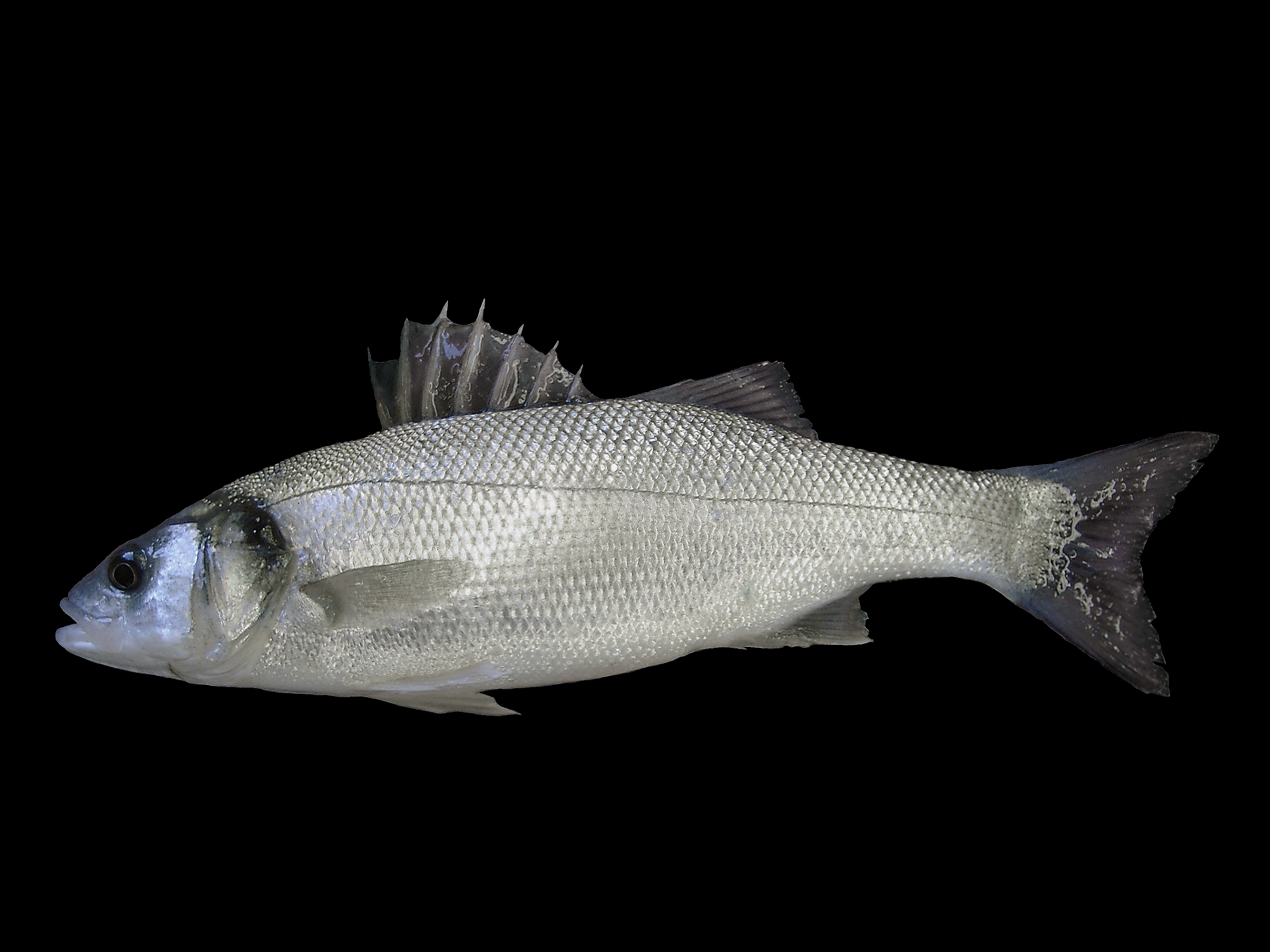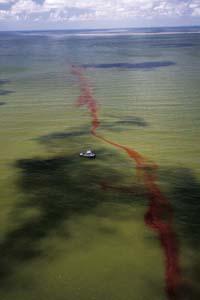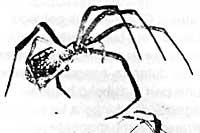Possible involvement in the treatment of oil spills by chemical dispersants
2013/07/08 Galarraga Aiestaran, Ana - Elhuyar Zientzia Iturria: Elhuyar aldizkaria

Researchers at Brest University (Brittany) have shown that the use of chemical dispersants for the surface organisms of the sea is beneficial, but can be harmful to those who live in depth. The study was presented at the meeting of the recently held Association of Experimental Biology of Valencia.
The researchers have specially analysed lubine (Dicentrarchus labrax). In particular, the consequences that the use of dispersing substances has on this species have been analyzed. Sensitivity to lack of oxygen (hypoxia) and temperature, and the ability to swim for six weeks and around three have been measured: water contaminated with untreated oil, contaminated water treated with dispersing substances and exclusively dispersing waters.
After the experiment, it is confirmed that contaminated water treated with dispersing substances is the most harmful medium for lubine in the three measured parameters. That is to say, in this water the bass supports worse than others the lack of oxygen and the heating, and it costs him to swim against the currents.
Thus, the head of research, Guy Clairaux, has warned that “when the oil spots arrive at the shore of the sea they are not beneficial for tourism or for the organisms that live on the coast. The treatment of stains at sea can eliminate or reduce damage to animals that live on the surface (birds and marine mammals). However, the dispersion of the oil increases the pollution in the water column and in the organisms that inhabit it.”
Gai honi buruzko eduki gehiago
Elhuyarrek garatutako teknologia






